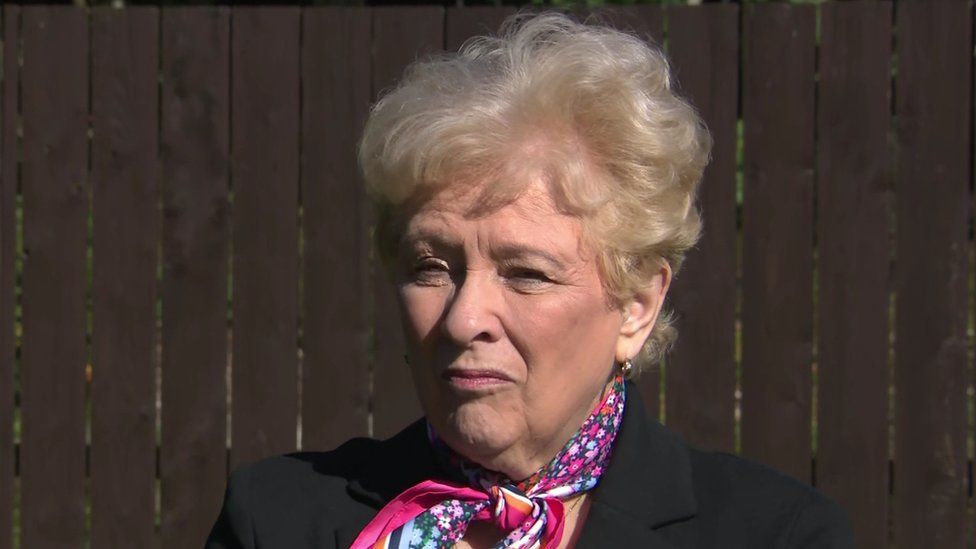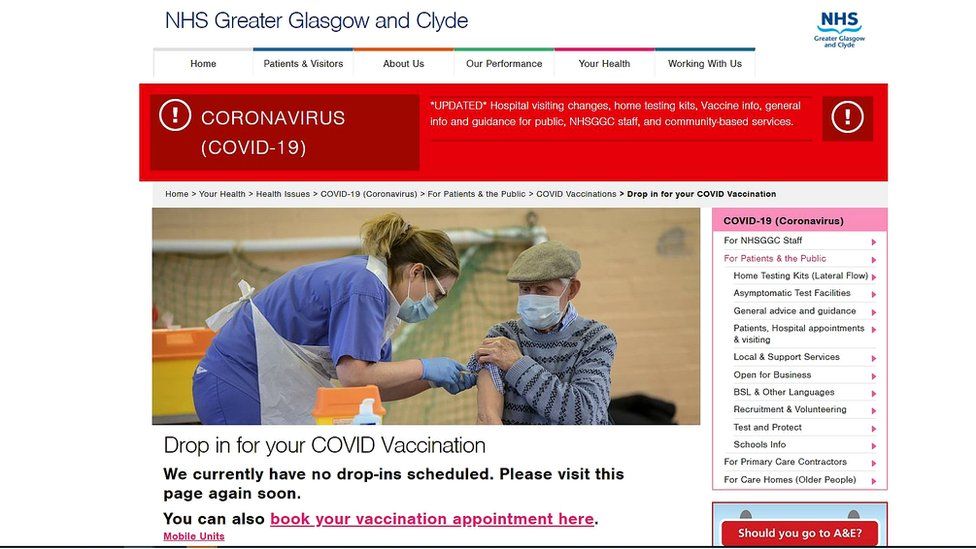Good evening ladies and gentlemen. It’s DAY 5!
We have gone through the FOOD domain and showed you incredible things. Today we focus on buying fewer and better clothes, staying away from fast fashion that mass produce at the cost of environmental and human justice.
“Angola imports new clothing worth around USD 170 million and used clothing estimated at USD 65 million, resources that could be saved if the country's textile industries were fully operational”.
Angola has become the biggest consumer of second-hand clothes (burden) in Europe and America due to the lack of textile production in the country, according to the General Director of the Institute for Industrial Development, Adérito Van-Dúnem.

If you’re looking for inspiration on how to participate in the challenge, think of these facts:
Did you know that clothing production has doubled between 2010 and 2015? Care for your garments, opt for clothing designed for long life, and visit vintage shops. You may find unique pieces to spice up your style!
Did you know that, if the current trend continues, there could be more plastic than fish in the oceans by 2050? Refuse everyday products which cannot be reused and go for long-lasting solutions!













